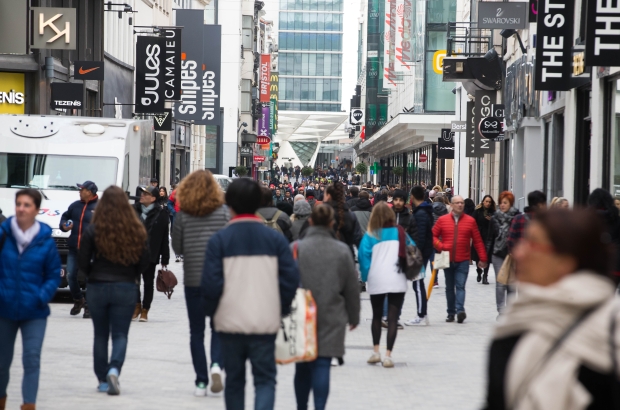- Daily & Weekly newsletters
- Buy & download The Bulletin
- Comment on our articles
Population growth in Brussels much lower than in other regions
According to figures released by Statbel, the Belgian statistical office, on Thursday, the population of the capital stood at 1,222,637 on 1 January, Bruzz reports. Population growth in Brussels remains on the low side compared to figures before the corona crisis, which is contrast to other regions.
In the past year, the Belgian population grew by 62,770 inhabitants. That is an increase of 0.54%. "That growth rate is twice as high as last year, when the coronavirus pandemic caused a slowdown," explained Cloë Ost, statistician demography at Statbel. "It is in line with what was common before COVID-19, namely around 0.5%."
The vast majority of population growth is down to a strongly positive international migration balance, according to Ost. "Of the 62,770 additional inhabitants, the 'positive migration balance' counted 58,118 people,” she said. “So there were 58,118 more immigrants than emigrants."
The statistics also show that in 2021, 5,623 more babies were born than people died. "That number is on the low side when we compare it to the period before the COVID-19 pandemic," Ost said.
There are clear differences between the regions and provinces. The Flemish region remains by far the fastest growing region, with 45,814 additional inhabitants, or a growth rate of 0.69%. In the Walloon region, this percentage was 0.39%, with 14,289 additional inhabitants. In Brussels, Stabel sees growth of 2,667 people or 0.22%, a percentage that remains relatively low compared to the years before the pandemic.
In contrast to the other regions, the number of births in Brussels does not seem to be picking up again. In 2019, there were 16,854 births, which dropped to 15,847 in 2020 and 15,690 in 2021. The number of deaths rose from 8,916 in 2019 to 10,984 in 2020 and then fell again to 8,849 in 2021.
International immigration fell from 54,317 in 2019 to 42,748 in 2020 and recovered to 48,414 in 2021. The number of international emigrations seems to be recovering somewhat less quickly. In 2019, the number of international emigrations was 36,518, which dropped to 29,113 in 2020 and 31,449 in 2021.
It also appears once again that more people from the Brussels-Capital region move to one of the two other regions than there are Flemish people and Walloons deciding to live in the Brussels-Capital region. This has been the case for years. The internal migration balance is also negative for the Brussels-Capital region in 2021 and amounted to -21,051. This is again more negative than in 2020 (-17,319).



















